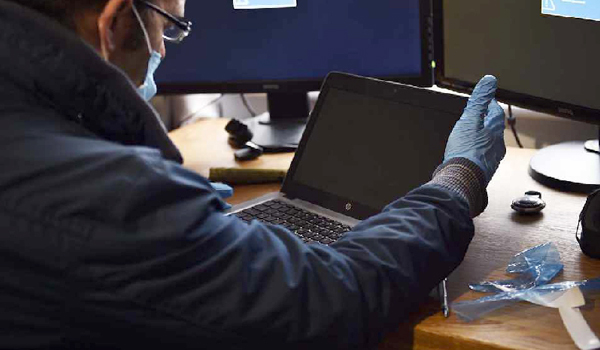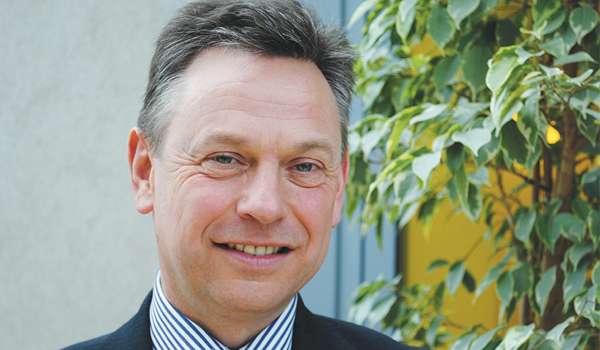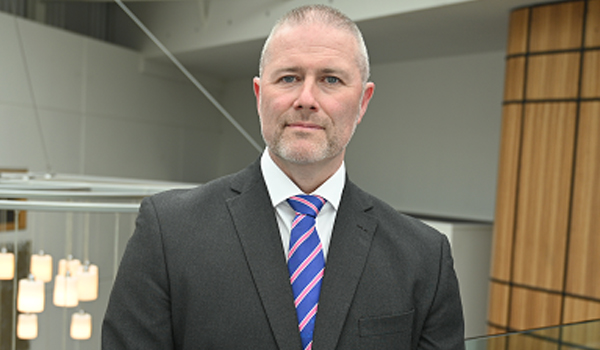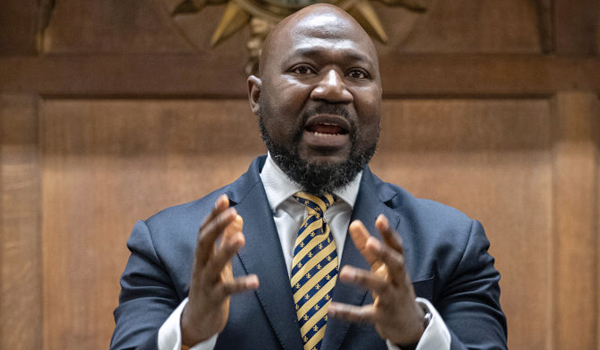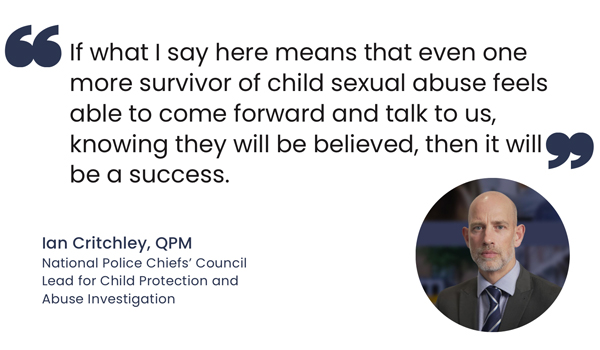Protecting the protectors
How can we best look after CSAE officers and staff? Professor Peter Lee, Dr Paul Conway, Professor Sam Lundrigan and Dr Theresa Redmond say there is no quick fix but ‘we are heading in the right direction’.
Academic researchers – such as police investigators – sometimes find inspiration and breakthroughs in unlikely places. The current national survey of the mental health and wellbeing impacts of child sexual abuse and exploitation (CSAE) investigations is the first step in understanding how best to look after CSAE officers and staff. And it had the unlikeliest of origins. In this case, it was in the world of Royal Air Force ‘Reaper’ drones.
By 2018, Professor Peter Lee, from the University of Portsmouth had spent several years researching different aspects of the life of RAF Reaper drone crews. Crucially, he had been given special access to sit alongside the crews and watch them carry out real-time surveillance, as well as missile and bomb strikes against Isis jihadists in Syria and Iraq.
These crew members were regularly exposed to beheadings, killings, rapes and more. And they were being affected by it.
Around that time Professor Lee attended a talk by a police investigator of online child sexual abuse. She used near-identical language to Reaper drone crews about how difficult it was to go home and behave “normally” with her own children over dinner after what she had seen on her screen at work. She had been assessed as not having PTSD but was struggling to the extent that she wanted walk away from a job she found very difficult but rewarding.
One officer summed up the common experiences of Reaper drone crews and police investigators of online child sex abuse: “There are images which I’ve seen from within this role that I will remember, I suspect, all of my life.”
In 2020, an opportunity arose to carry out a small pilot project to start looking at moral injury and other mental harms in this group of police online investigators and staff.
The project report highlighted several important factors: the need to discover the extent and severity of mental harms in this group; the impact of workplace environment and policing culture; the effectiveness of current psychological support; and the need for specialist person-centred interventions and therapies.
Then in 2021, the Policing Institute in the Eastern Region (PIER) at Anglia Ruskin University became aware of the pilot project and a collaboration developed. PIER enabled a small Hampshire-based pilot to be turned into a national survey of CSAE police and staff with the explicit aim to understand impacts on mental wellbeing. Importantly, to also inform changes in policy and practice around the support available for those undertaking this crucial safeguarding role.
The current survey will provide a crucial starting point. We are measuring how CSAE police and staff are doing on crucial outcomes such as anxiety, depression, PTSD and mental wellbeing. We are also measuring different strategies they use to cope with the rigours of the job, as well as experiences of moral injury as they deal with complex situations.
We expect, similar to other research, that people reporting higher moral injury will report worse mental health outcomes. However, certain coping styles may help people manage these stresses better than others, pointing the way to useful interventions.
The next challenge is to ensure the best organisational, educational and psychological support available. Confirming best practice where it already exists but adding new insights and approaches where there is scope for improvement. It is the least these investigators and staff deserve and it is our privilege to support them.
There is no quick fix, but we are heading in the right direction.
The survey can be found at https://portsmouthpsych.eu.qualtrics.com/jfe/form/SV_aXnKFILQOoVvF1s
Professor Peter Lee Director, University of Portsmouth Security and Risk Research Theme
Dr Paul Conway Senior Lecturer in Psychology, University of Portsmouth
Professor Sam Lundrigan Director, PIER, Anglia Ruskin University
Dr Theresa Redmond Senior Research Fellow, PIER

